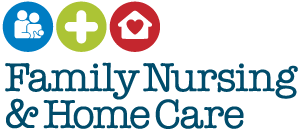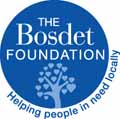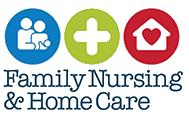Follow these ABC’s to make sure you do not end up in hospital!
Always get the right type of skateboard
Shorter boards are best to learn on. Check it over before you use it – it could be broken.
Be smart and wear the right gear
A skateboard helmet fits more of the back of your head than a cycle one. Fit it properly with the straps done up. Wrist guards can help when you fall and try to stop yourself. Don’t forget your shoes, flip flops ain’t a good look, think trainers.
Crash in style, learn how to fall
You are going to fall so learn to do it properly! Losing it? Crouch down low on your board so you don’t fall so far and RELAX and ROLL. Ask people to teach you. Start with the basics like how to stop and build on it.












